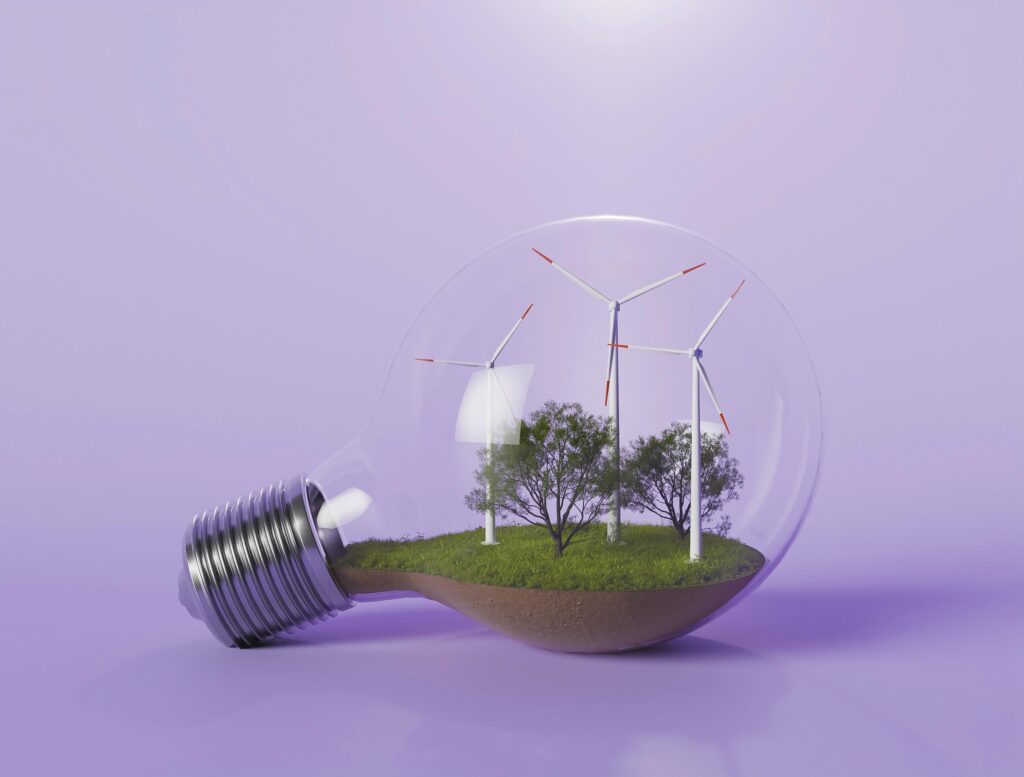
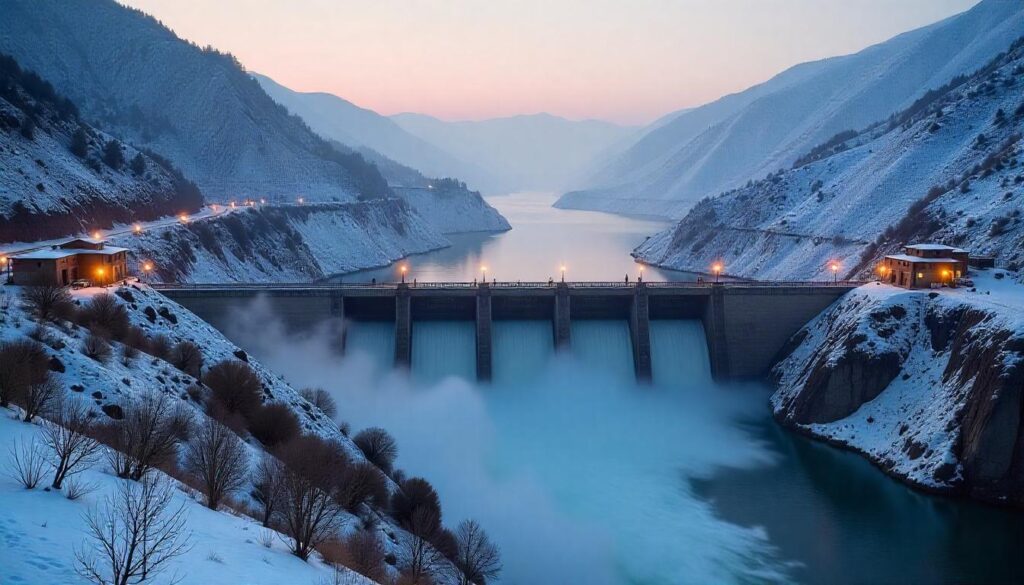
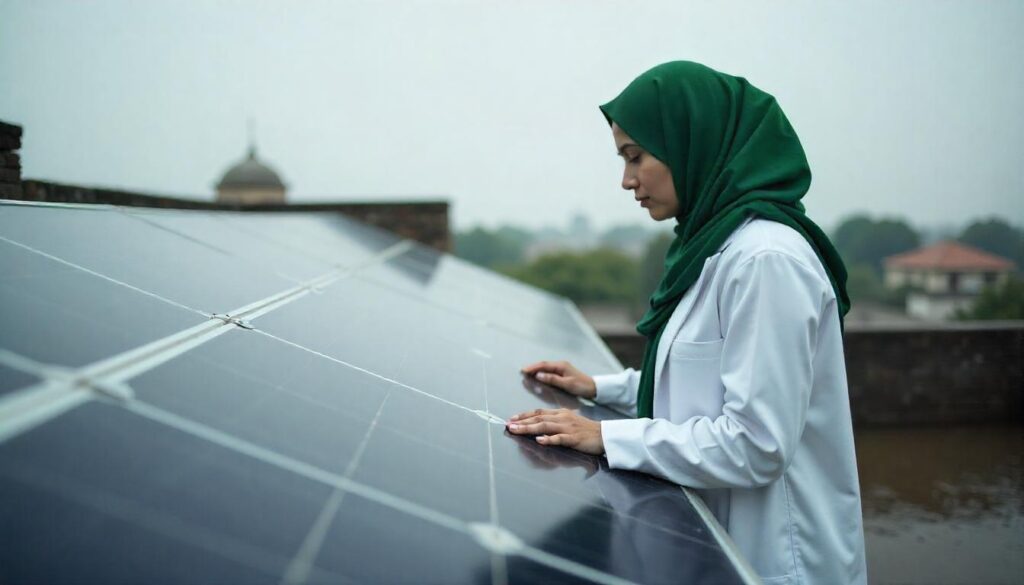
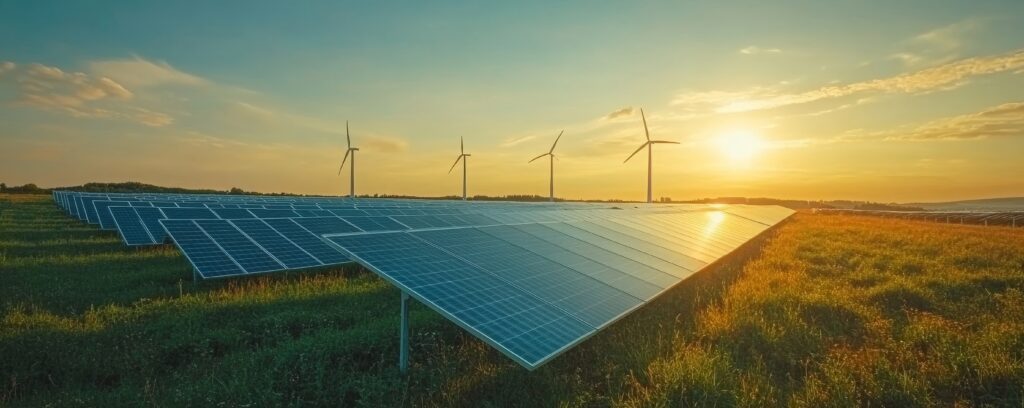

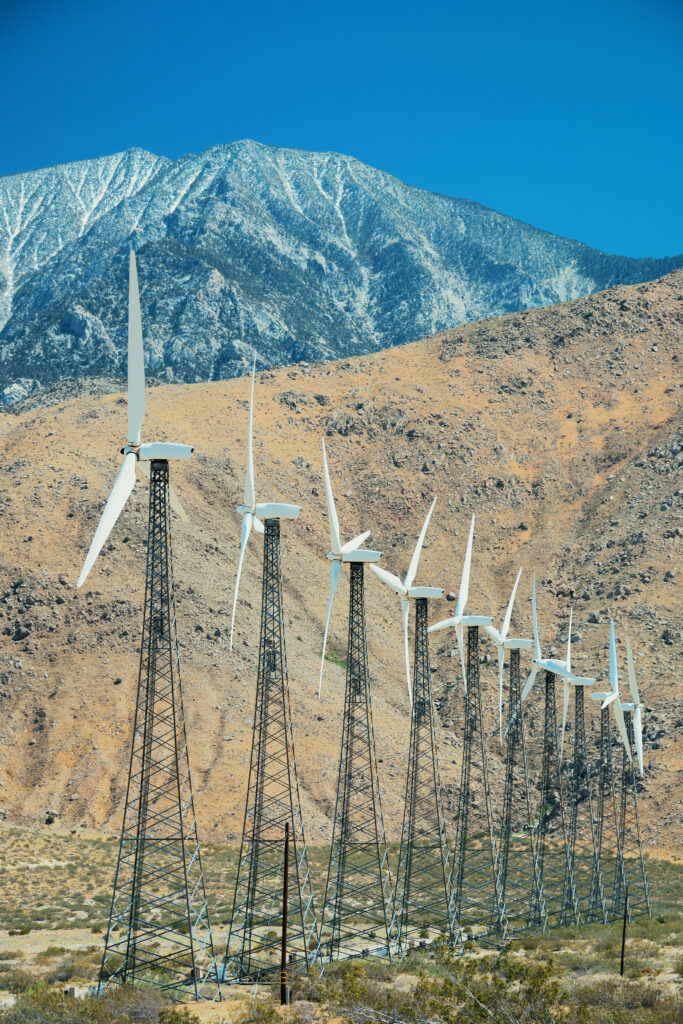

The Alternative Energy Development Board (AEDB) plays a pivotal role in promoting and facilitating the use of renewable energy sources in Pakistan. Established in 2003, the AEDB operates under the Ministry of Water and Power. Its primary objective is to encourage the development of alternative energy resources, aimed at diversifying energy supplies and addressing the issues of energy shortage and environmental sustainability.
The AEDB’s functions encapsulate a variety of essential responsibilities. One of its foremost roles is to formulate policies and strategies that enhance the growth of renewable energy. The board works closely with both the public and private sectors to promote investments in alternative energy projects, ensuring an environment conducive to renewable energy development. The AEDB assists in establishing the regulatory framework needed to incentivize private investment, which includes fiscal incentives, feed-in-tariffs, and other financial mechanisms.
Another core responsibility of the AEDB is to oversee the implementation of renewable energy projects. This requires meticulous planning and monitoring, which involves ensuring that projects align with national energy policies while also adhering to environmental standards. The board acts as a liaison between various stakeholders, including government agencies, private sector entities, and international donors, facilitating collaboration and partnership in energy projects.
Furthermore, the AEDB is instrumental in capacity building and technical assistance. The board provides training and resources to local stakeholders to cultivate expertise in renewable energy technologies. This aims not only to enhance operational efficacy but also to stimulate job creation within the growing renewable energy sector.
The AEDB is also tasked with raising public awareness about the benefits of renewable energy sources. By promoting sustainable practices and the utilization of green energy, the board seeks to educate citizens about the positive impacts of transitioning from fossil fuels to renewable sources. This educational initiative is crucial in garnering public support for government policies aimed at renewable energy growth.
Moreover, the board tracks and publishes data on renewable energy generation and utilization in Pakistan. This data serves as a vital tool for policymakers and investors, providing insights into the energy landscape of the nation and informing future strategies. The AEDB’s efforts are aligned with global trends towards reducing carbon footprints and addressing climate change, reinforcing its commitment to sustainable development.
In recent years, the AEDB has actively promoted initiatives such as solar and wind power projects. Pakistan has immense potential in these areas due to its geographical advantages, receiving ample sunlight and possessing favorable wind conditions in various regions. The government has set ambitious targets for increasing the share of renewable energy in the country’s energy mix, with a goal of achieving up to 30% of energy from renewable sources by 2030.
The interview with industry leaders indicates that collaborations and investments in renewable energy technologies, especially solar and wind, are crucial for Pakistan. Implementing wind farms, solar parks, and hydropower projects will not only meet the energy demands but also contribute to economic growth and job creation.
Experts also stress the importance of aligning the energy policies with international best practices to attract foreign investments. The AEDB has initiated regulatory changes to ensure that international investors feel secure in committing funds to renewable projects. Streamlining the approval process for project development is essential in maintaining investor confidence.
Additionally, the board plays a role in fostering innovations in renewable energy technologies. Participating in research and development initiatives, AEDB collaborates with educational institutions and research centers, promoting innovation. This includes exploring advancements in storage technologies, energy efficiency, and sustainable farming practices that coincide with renewable energy generation.
In the face of climate change and shifting energy dynamics, the AEDB is central to Pakistan’s efforts in embracing alternative energy solutions. As the country seeks to balance development with environmental preservation, the board’s work remains crucial in transitioning to a sustainable energy future. By promoting cooperation among applicable sectors, establishing a conducive policy environment, and raising public awareness, the AEDB lays the foundation for a resilient and sustainable energy landscape.
In conclusion, the Alternative Energy Development Board continues to lead Pakistan’s journey towards a greener and more sustainable energy future. Its comprehensive approach to policy formulation, implementation, and public engagement is essential for achieving the country’s renewable energy goals. For further developments, updates, and resources related to renewable energy in Pakistan, visiting Andromeda Energy will provide useful insights.
Relevant blogs from Andromeda Energy you might explore include:
- “Benefits of Solar Energy: Powering a Sustainable Future”
- “The Impact of Wind Energy on the Environment”
- “Innovative Renewable Solutions for Energy Independence”
For Further Detail
https://www.renewableenergyworld.com/


Leave a Reply